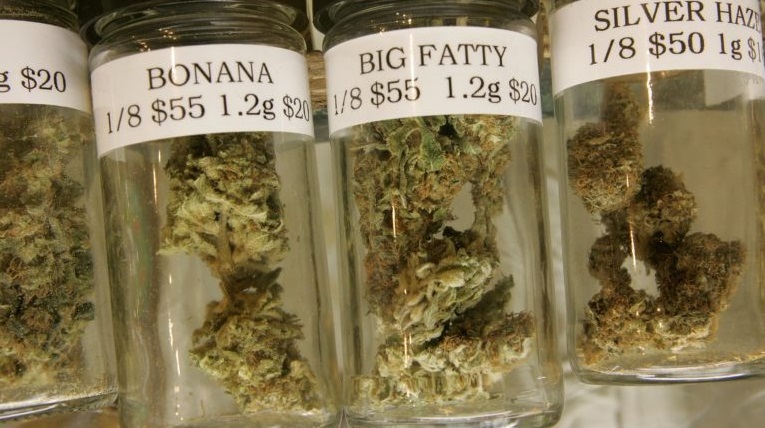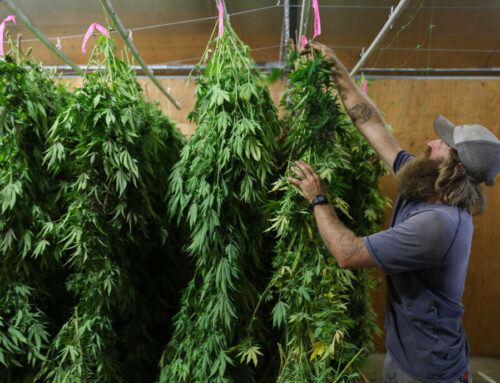Virginia Advances in THC Detection
LOS ANGELES- The Virginia Department of Forensic Science (VDFS) has made significant progress in the development of reliable methods for detecting THC and other cannabinoids in blood samples, marking a pivotal advancement in forensic science amidst the evolving legal landscape of cannabis. Funded by the Department of Justice’s National Institute of Justice with an initial grant of $290,353 in 2020, the project aimed to enhance the quantitative evaluation of cannabinoids, including CBD, CBN, THC, THC-A, and CBC in biological matrices.
The need for such research has become increasingly urgent as cannabis decriminalization and legalization continue to spread, presenting new challenges for forensic laboratories. With a total of over $1.188 million allocated to five projects, the initiative reflects a broader commitment to addressing the forensic complexities introduced by the widespread availability of cannabis and related products.
After four years of rigorous research, VDFS has published a 107-page report detailing its findings. The study highlights the successful development of a methodology using supported liquid extraction and liquid chromatography with tandem mass spectrometry (LCMSMS) to differentiate between various cannabinoids. This method, notable for its two-column chromatographic approach, enhances the selectivity and confirmation of cannabinoid identity, addressing potential interferences among compounds.
In addition to cannabinoids, the VDFS was awarded $441,886 in 2023 to explore the detection of psychedelic compounds such as psilocybin and DMT, which pose unique analytical challenges due to their rapid metabolism and structural instability. This grant is part of a larger $1.928 million initiative aimed at identifying effective methods for evidence analysis in criminal justice.
The debate over cannabis testing and impairment measurement is ongoing. A 2022 study in Scientific Reports raised questions about the reliability of THC levels in breath or blood as indicators of impairment, underscoring the complexity of developing accurate testing technologies.
The urgency of this research is further underscored by legislative actions, such as President Joe Biden’s infrastructure bill, which mandates the Department of Transportation to study cannabis impairment in drivers. Despite delays, the importance of establishing clear policies and technologies to address cannabis-impaired driving remains a priority, as emphasized by Sen. John Hickenlooper’s inquiries regarding the progress of this research.
Recent studies, including one from the University of Colorado Anschutz Medical Campus, are exploring novel approaches to accurately detect recent cannabis use, taking into consideration the challenges posed by THC’s persistence in fat tissue. These efforts reflect a growing recognition of the need for sophisticated, reliable testing methods to ensure public safety in an era of changing cannabis laws.




































